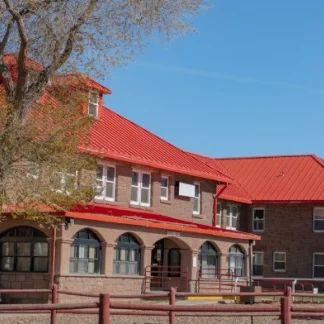Sage Memorial Hospital - Behavioral Health
Ganado, Arizona, Highways 191 And 264, 86505
Available Programs
- Adolescence program
- Adult program
- Elderly program
- Hearing impaired program
- Young adult program
Insurance and Financial
- Medicaid
- Private insurance
- Self-pay options
- Financing available
- Sliding scale payment assistance
- Medicare
About this Facility
Sage Memorial Hospital – Behavioral Health is a drug and alcohol rehab and medical facility in Ganado, Arizona. They provide outpatient addiction treatment, mental healthcare, and psychiatric care.
Services provided at Sage Memorial include substance abuse assessment, psychiatric evaluation, medication management, and discharge planning services. Treatment includes individual, group, and family counseling sessions. Therapeutic methods include medication management, family systems approach, cognitive behavioral therapy, play therapy, and relapse prevention. Individuals in crisis are accepted on a walk-in basis. Sage Memorial Hospital embraces the Diné philosophy of life while delivering healthcare.
Contact us for more information: (928) 755-4586

Contact Sage Memorial Hospital - Behavioral Health
Connect with Sage Memorial Hospital - Behavioral Health by calling their admissions team directly.
(928) 755-4586 Website Get Directions